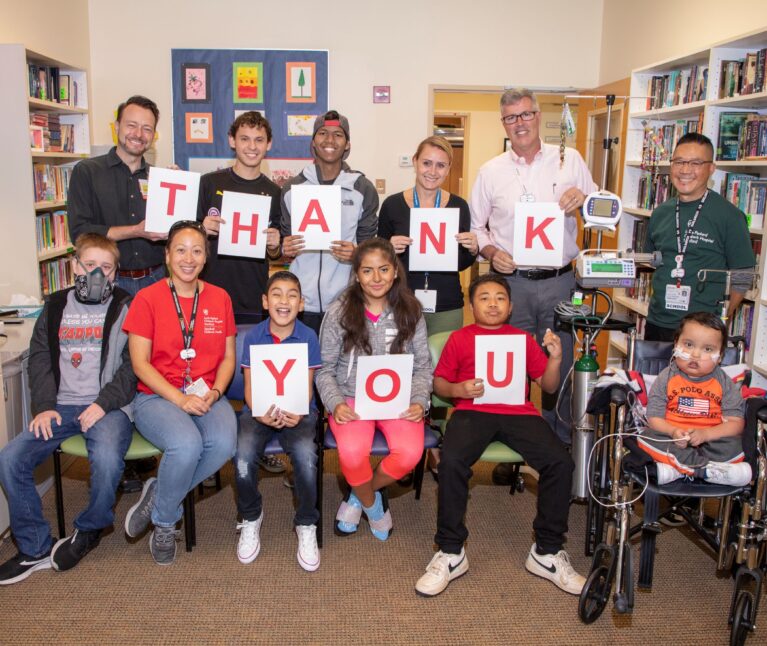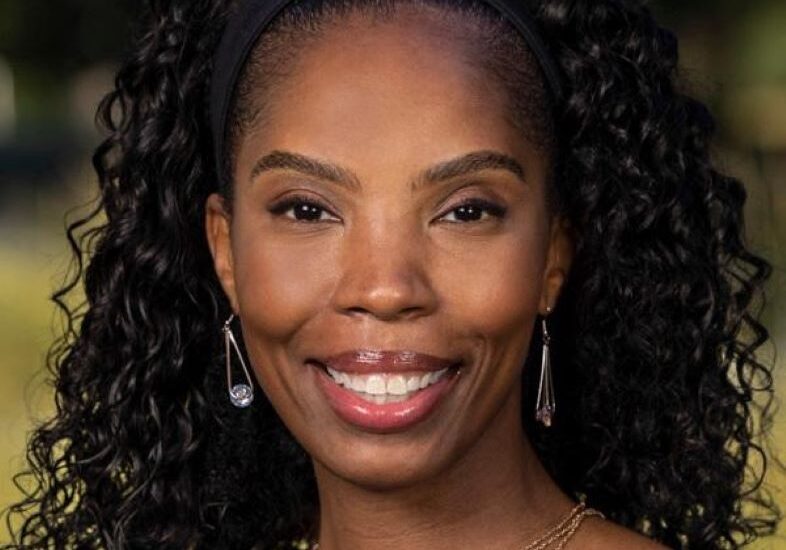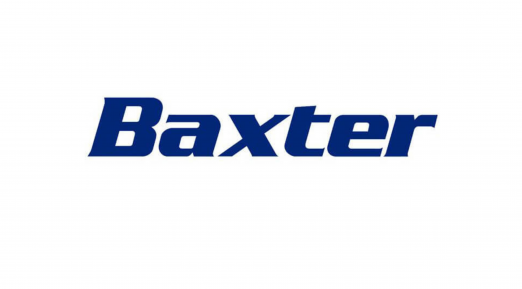Research shows that there are stark inequities in the nation’s health care system with deep consequences, particularly for children. These inequities can start before birth – and health disparities exist between racial and ethnic groups.
In response, pediatricians and other health care professionals at Stanford are leading systems-level change to make patient care more equitable.
The Health Equity Advanced through Learning (HEAL) Initiative, within the Stanford School of Medicine’s Department of Pediatrics and Stanford Medicine Children’s Health, is building a culture of reflection, learning, and action. The initiative is under the leadership of Baraka Floyd, MD, MSc, associate chair for Diversity, Equity, Inclusion, and Justice (DEIJ), and Allison Guerin, EdD, MEd, director of the Office of Pediatric Education and the Office of Diversity, Equity, Inclusion, and Justice.
A multi-pronged approach to health equity education, the HEAL Initiative provides:
- Seminars to provide foundational DEIJ knowledge, offer tools to help create more inclusive work and learning environments, and supplement collective and individual efforts to advance equity. Topics range from structural racism, medical racism, microaggressions, and gender diversity to effective allyship.
- An email challenge encouraging participants’ reflection on their personal anti-racism journeys.
- Huddle guides, one-page resources to support an anti-racism approach to health care teams’ meetings.
- Health Equity Rounds, a case-based learning series focused on issues related to health equity and approaching patient care from a DEIJ lens. Presenters use real case discussions to highlight the role of bias, oppression, and other barriers in care and provide individual and local-level tools to mitigate them.
As of October 2022, 75% of the Department of Pediatrics staff and faculty—amounting to more than 1,000 individuals—have completed an anti-racism seminar, and another 756 signed up for the email challenge. Additional surveys indicated that Health Equity Rounds have increased self-reported effectiveness in working toward more equitable health care access.
Thanks to two generous gifts from Baxter Healthcare, Health Equity Rounds now provide even more learning opportunities for team members. Most recently, Baxter’s support enabled the HEAL team to implement a “Health Equity Toolkit,” which includes participating in a “health equity check-in,” or a reflection and open communication process before and after meeting with patients’ families. It also incorporates helpful tools to combat implicit bias. According to Baxter, the company shares Stanford’s commitment to diversity, equity, and inclusion, advocating for change within its workforce and the communities and markets it serves.
“Promoting health equity is a part of everyone’s job,” says Dr. Floyd. “It is all of our responsibility—throughout our Department of Pediatrics, as well as for our clinical and nonclinical colleagues at Lucile Packard Children’s Hospital and Stanford Medicine Children’s Health. It grounds us in a shared mission that we really can only achieve through collaborative effort.”
Thank you, Baxter Healthcare, for supporting our care team members in their continuous learning and efforts to give all children the best opportunity for bright futures.


